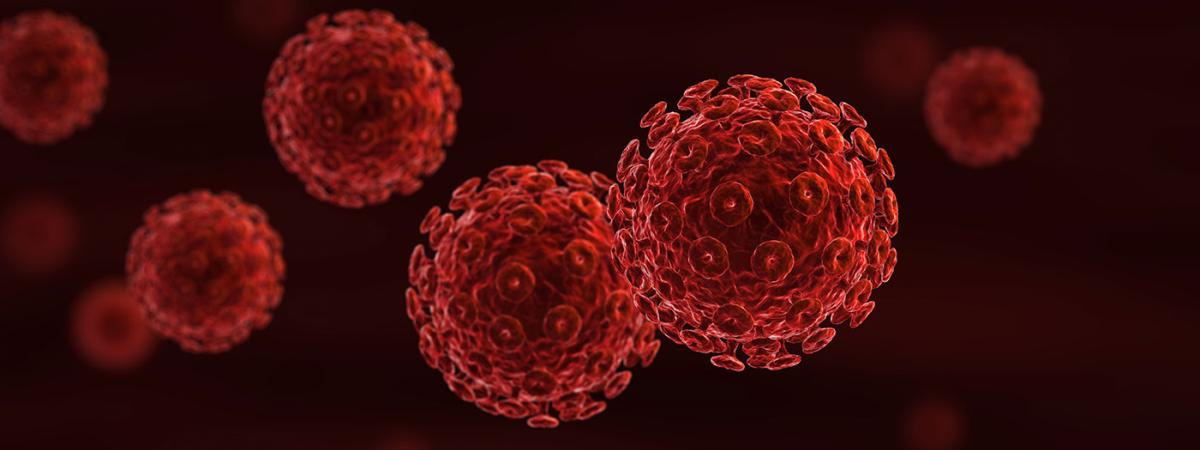National Institutes of Health funded research to study cancer patients with HIV/AIDS
AIDS patients suffer higher rates of cancer because they have fewer T-cells in their bodies to fight disease. But new research examines why HIV-infected patients have higher rates of cancer—among the leading causes of death among that population—than the general population. Researchers at Case Western Reserve University’s School of Dental Medicine, who led the study, published their results in Nature Communications, highlighting how T-cells move, multiply and invade other cells in HIV-infected patients. “The cells in question release exosomes into the blood stream—think small nanoparticles—that don’t cause cancer, but they support it,” said Ge Jin, associate professor of biological sciences at the School of Dental Medicine and the study’s author and principal investigator. “In other words, the cancer grows faster and more aggressively in patients with HIV.” Compared with the general population, people infected with HIV are:- 500 times more likely to be diagnosed with Kaposi sarcoma;
- 12 times more likely to be diagnosed with non-Hodgkins lymphoma; and
- Among women, three times more likely to be diagnosed with cervical cancer, according to the National Cancer Institute.





